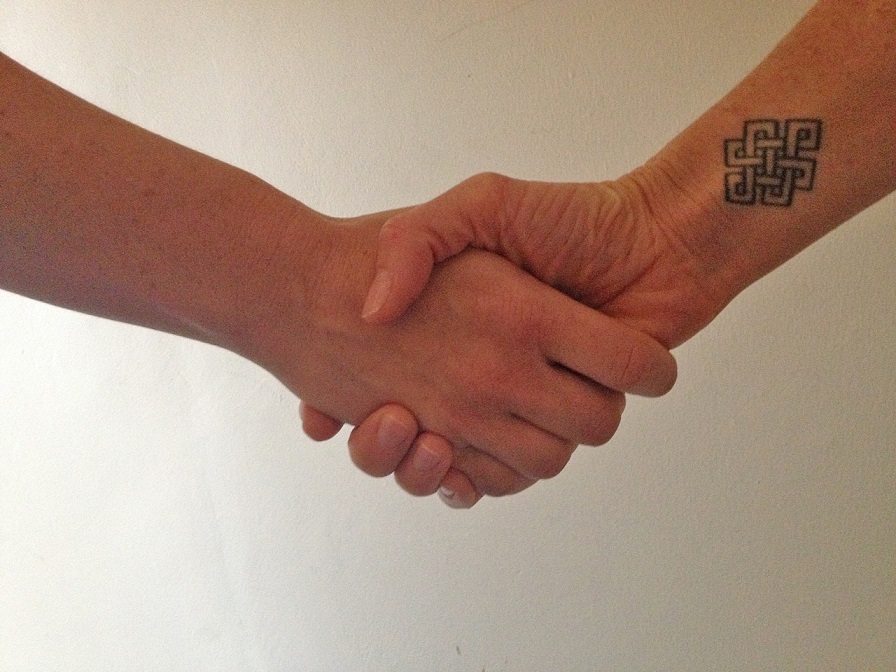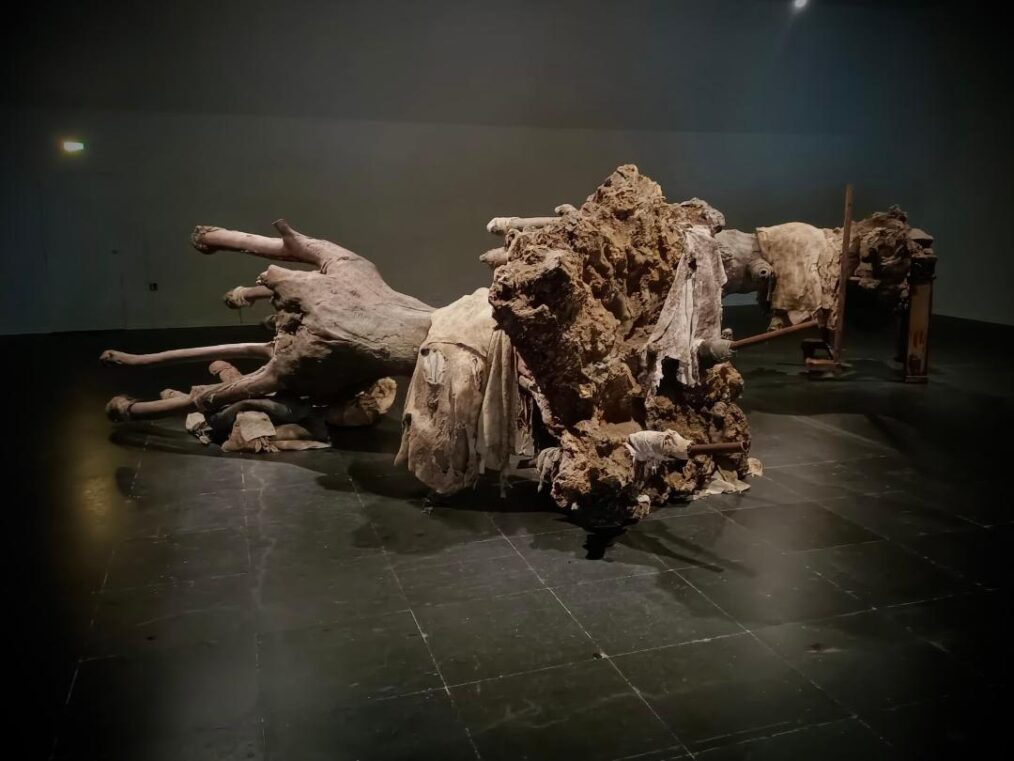Solomiia gives an inside on “new” ways of organizing knowledge by building a database on the entire research domain, in her case, on the topic of daily life stress and mental health. She first presents a rationale as to why having a database of empirical articles would benefit the field of psychological science followed by a more detailed example of her work in which she explains how she plans to build a database on daily life stress and mental health research.
People with multiple sclerosis or Parkinson’s disease may experience visual complaints. Although these complaints do not always come forward during an assessment of visual functions, they are extremely bothersome in daily life. How can we ensure that these complaints are recognized and acknowledged in clinical practice?
In this post, Zuzanna Laudańska shares her experience investigating motor and vocal development in infants. She works at the Institute of Psychology, Polish Academy of Sciences in Warsaw (Poland), and she is a guest researcher at the Department of Developmental Psychology, University of Groningen.
Have you ever considered including your research participants in the process of doing scientific research? Josephien Jansen, PhD student in Clinical Neuropsychology, does so and in this blog post she explains why collaborating with experience experts is a fruitful endeavor.
The social and interconnected nature of humans has captivated researchers from diverse fields such as behavioral and cognitive sciences. In this post, we present an undergoing study focused on the process of interpersonal synchronization and its relationship with Personality.
t is often assumed that online discussions escalate because people become less socially concerned when they are anonymous, or because online messages are unclear and easily misunderstood. In her PhD-dissertation, which she defended on September 22, Carla Roos reveals that the opposite is often the case: online communication is sometimes so clear that it can make people appear antisocial.
“I am 30 years old, and I will finish my Ph.D in organizational psychology this summer. You can imagine that people frequently ask me about my career plans. Depending on the situation, I tell them different things. But the truth is: I have absolutely no clue!” Close to the finishing line of her PhD, Anne-Kathrin Kleine shares her view on career goals.
A research team from the University of Groningen explored a methodology to measure and quantify the experience of physical and virtual art installations in a real-life environment – an internationally renowned exhibition venue for contemporary art, the Frankfurter Kunstverein.
The average person does not exist, yet we are still working with (group) averages in our daily lives. What limitations does this pose to individual development and what price are we paying, especially in high-performing domains like elite sports?
In this post, Justin invites the readers to lose their perspective as individuals to understand the basic concepts of complexity science in the reality we inhabit.










